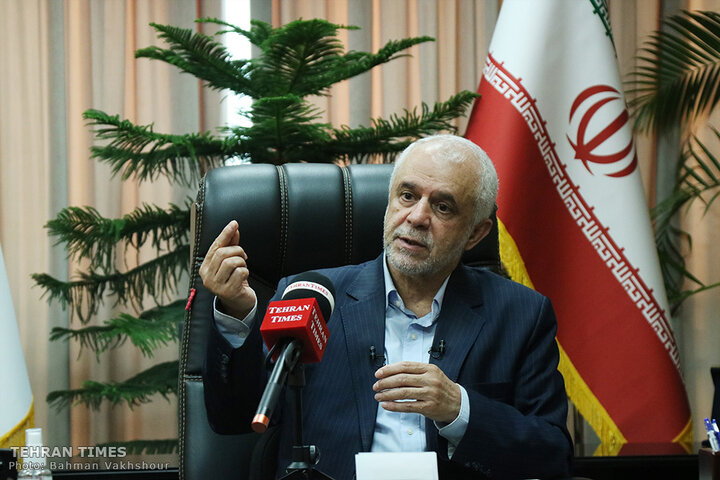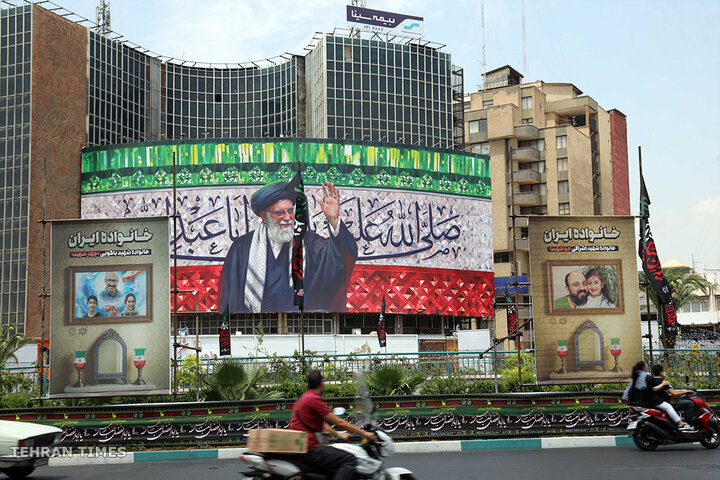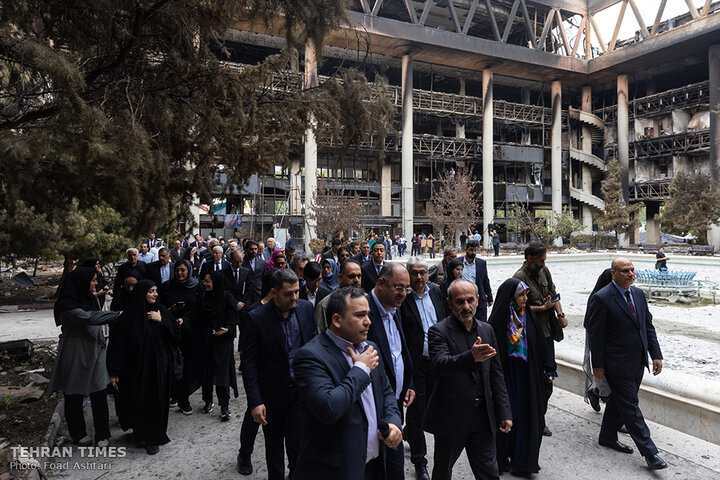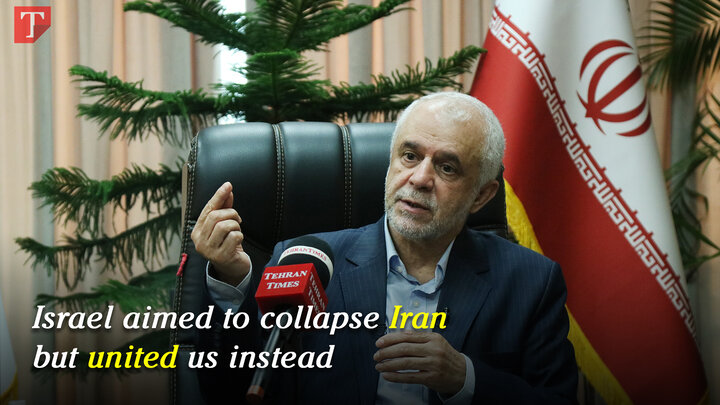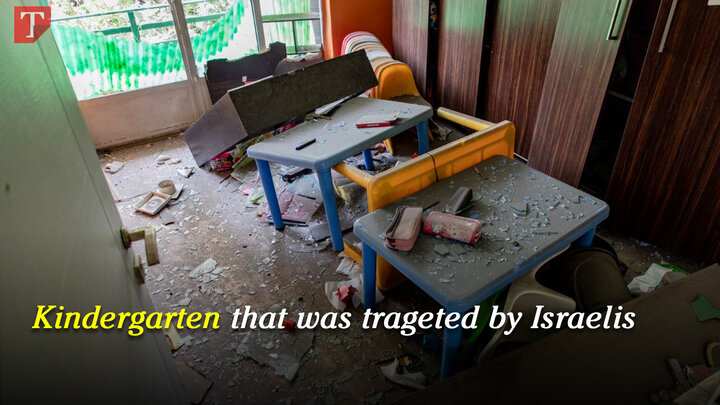-
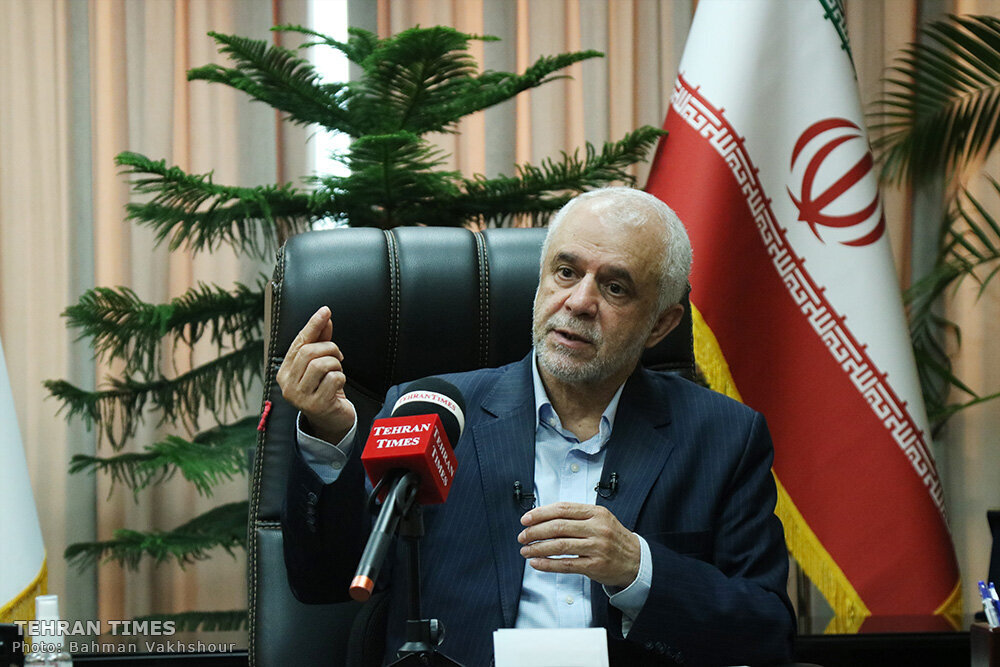 2025-07-26 21:51
2025-07-26 21:51
By Soheila Zarfam
Israel aimed to collapse Iran, but united us instead
Head of Iran’s Martyrs and Veterans Affairs Foundation Saeed Ohadi in exclusive interview with the Tehran Times:
TEHRAN – Head of Iran’s Martyrs and Veterans Affairs Foundation Saeed Ohadi says Israel’s recent 12-day assault, intended to collapse Iran, only served to unite the nation more deeply than ever before.
-

By Shahrokh Saei
Iran–Saudi cordial ties: A thorn in Israel’s side
TEHRAN — Growing amicable relations between Iran and Saudi Arabia have played a significant role in promoting peace and security in West Asia over the past years.
-

By Sondoss Al Asaad
Under US-French orders, no celebratory rituals for Georges Abdallah
BEIRUT— After 41 years of captivity in France, ordinary people welcomed Lebanese freedom fighter Georges Abdallah at Beirut International Airport, where he reaffirmed his commitment to the path of resistance.
-
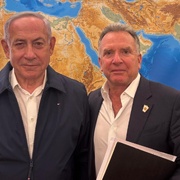
By Wesam Bahrani
U.S. obstructing Gaza ceasefire
TEHRAN – The Hamas resistance movement has strongly condemned recent statements by the U.S. administration about the ceasefire negotiations, accusing it of shielding the Israeli occupation regime.
-

By staff writer
Fragments of hope, crumbs of bread
TEHRAN- Abdullah Jendeia, a nineteen-year-old with nothing to fill his stomach but a restless dream, left his mother’s battered home in al-Sabra just as the afternoon heat settled in. The war had already stripped their lives down to the bone, leaving only a handful of lentils in the pot and hope rationed as strictly as flour.
-

Six dead, 22 injured in terrorist attack in southeast Iran
TEHRAN – Armed militants affiliated with the terrorist group Jaish al-Zulm launched a coordinated assault on a courthouse in Zahedan, the capital of Iran’s southeastern Sistan and Balouchestan Province, killing six and wounding twenty-two on Saturday morning.
Politics
-
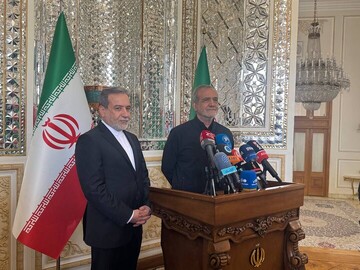
Pezeshkian: Iran should pursue defense and diplomacy in tandem
TEHRAN – President Masoud Pezeshkian has stated that, in line with the recommendations of Leader of the Islamic Revolution Ayatollah Seyyed Ali Khamenei, Iran must actively and effectively pursue both the defense-security and diplomatic tracks in the aftermath of the Israeli attack.
-
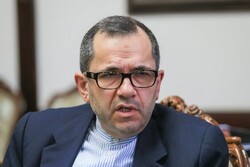
Diplomat says Iran demands diplomatic guarantees, confirms US message exchange via intermediaries
TEHRAN – Iranian Deputy Foreign Minister for Political Affairs, Majid Takht-Ravanchi, confirmed on Tuesday that Tehran and Washington are exchanging messages through intermediary nations, while simultaneously laying out stringent conditions for any future direct negotiations following the U.S.-Israeli "betrayal of diplomacy" with a 12-day aggression against Iran.
-

Tehran urges unified Islamic response to Gaza starvation in regional calls
TEHRAN – In a diplomatic move on Friday, Iranian Foreign Minister Abbas Araghchi held urgent calls with counterparts from Pakistan, Egypt, Qatar, Iraq, and Tunisia, demanding immediate collective action to break the Israeli regime’s "genocidal siege" of Gaza, where starvation now kills as swiftly as bombs.
Sports
-

Jahanbakhsh a candidate to join Sparta Rotterdam
TEHRAN - Alireza Jahanbakhsh, the 31-year-old Iranian winger, who left sc Heerenveen after his contract expired, is a candidate to join Sparta Rotterdam.
-

Hamed Haddadi changed Iranian basketball forever: FIBA
In the landscape of Asian basketball greats, few loom as large as Hamed Haddadi, the 218cm/7'2" colossus who reshaped the FIBA Asia Cup across more than a decade of dominance.
-

Iran’s handball girls meet expectations in Asia
TEHRAN - In a dramatic finish at the 2025 Asian Women’s Youth Handball Championship, Iran’s youth team clinched fifth place after defeating Chinese Taipei 34-33 in a tense penalty shootout. The regular time had ended in a thrilling 30-30 draw, making the final moments a test of nerve and precision.
Culture
-

Iranian, Afghan women artists showcase unity at Tehran art exhibition
TEHRAN – The ECO Cultural Institute in Tehran is hosting a group painting and calligraphy exhibition titled "Voices in Color," showcasing the artistic talents of 24 women from Iran and Afghanistan.
-

Book about Al-Ghazali's theory of mystical cognition published in Persian
TEHRAN – The Persian translation of the book “Inspired Knowledge in Islamic Thought: Al-Ghazali's Theory of Mystical Cognition and Its Avicennian Foundation” written by Alexander Treiger has been released in Iranian bookstores across the country.
-

Adaptation of “The Trial” on stage at Tehran theater
TEHRAN – An adaptation of Czech writer Franz Kafka’s novel “The Trial” is currently on stage at Tehran's Homa Theater Hall.
Economy
-

Iran posts largest oil revenue gain among OPEC members in 2024
TEHRAN — Iran’s oil revenues surpassed $46 billion in 2024, marking a year-on-year increase of over $5.6 billion, or 14 percent, according to the latest data from the Organization of the Petroleum Exporting Countries (OPEC).
-

Petchem products worth over $4.6b exported in Q1
TEHRAN- Iran exported petrochemical products valued at $4.684 billion during the first quarter of the current Iranian calendar year (March 21-June 21), the head of the Islamic Republic of Iran Customs Administration (IRICA) announced.
-

67 urban wastewater projects to be launched by end of current administration
TEHRAN — Iran plans to bring 67 urban wastewater projects online by the end of the 14th administration, as part of efforts to expand the country's sewage infrastructure, the head of the National Water and Wastewater Engineering Company said.
Society
-

Iran elected as vice-chair of Ramsar Convention on Wetlands meeting
TEHRAN – The new Standing Committee of the Convention on Wetlands has elected Iran as the Vice-Chair for the 15th meeting of the Conference of the Parties (COP15) to the Ramsar Convention on Wetlands, which is taking place from July 23 to 31 July in Victoria Falls City, Zimbabwe.
-

Over 214,000 births registered in three months
TEHRAN – A total of 214,223 births were registered in the country in the first three months of the current Iranian calendar year that started in March 2025, the Civil Registration Organization has announced.
-
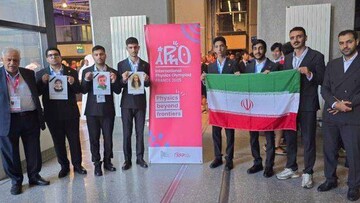
Iranian students garner silver medals at IPhO 2025
TEHRAN – Five Iranian students secured silver medals at the 55th International Physics Olympiad, ranking 11th globally.
Tourism
-

Constitution House of Tabriz: where Iran’s struggle for democracy has its roots in
TEHRAN - Nestled beside the historic bazaar of Tabriz in the heart of northwest Iran, the Constitution House of Tabriz -- locally known as Khaneh Mashrouteh -- stands as a powerful symbol of Iran’s early democratic aspirations.
-

Over 3,000 historical photographs at Golestan Palace classified in new project
TEHRAN – More than 3,000 historical photographs being kept at the UNESCO-registered Golestan Palace have been classified under an extensive new project called “Awakened Mirrors,” the palace’s director announced on Saturday.
-
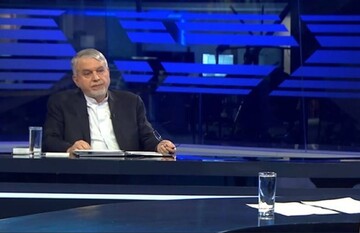
Tourism ministry proposes week-long public vacation for tourism boost
TEHRAN—Cultural Heritage Minister Reza Salehi-Amiri said that the government is pulling Iranian tourism out of the wartime recession with two national strategies and 14 operational mechanisms.
International
-
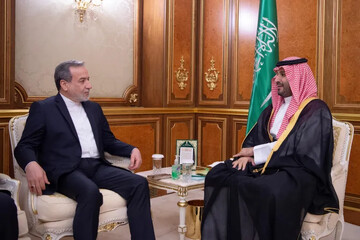
Iran–Saudi cordial ties: A thorn in Israel’s side
TEHRAN — Growing amicable relations between Iran and Saudi Arabia have played a significant role in promoting peace and security in West Asia over the past years.
-

Under US-French orders, no celebratory rituals for Georges Abdallah
BEIRUT— After 41 years of captivity in France, ordinary people welcomed Lebanese freedom fighter Georges Abdallah at Beirut International Airport, where he reaffirmed his commitment to the path of resistance.
-

U.S. obstructing Gaza ceasefire
TEHRAN – The Hamas resistance movement has strongly condemned recent statements by the U.S. administration about the ceasefire negotiations, accusing it of shielding the Israeli occupation regime.
Video Comment
-

Brother of Iranian scientist murdered in Israeli strike speaks out
-
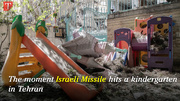
Footage shows Israel hit a kindergarten in Tehran
-

Delegates and ambassadors from 28 countries visited the IRIB building
-

If Israel doesn't target civilians, who are these victims, Katz?
-

Israeli forces strike Farabi Hospital in Kermanshah
Most Viewed
-
Leader: Iran's military and scientific moves to advance faster than ever
-
Iran successfully launches domestically-built Nahid-2 satellite into space
-
Saudi Arabia, Bangladesh join Iran’s call to break Gaza siege amid ‘death phase’
-
Six dead, 22 injured in terrorist attack in southeast Iran
-
Iran–Saudi cordial ties: A thorn in Israel’s side
-
Israel aimed to collapse Iran, but united us instead
-
Substantive progress in ‘serious, frank, and detailed’ talks with E3: Iran
-
Diplomat says Iran demands diplomatic guarantees, confirms US message exchange via intermediaries
-
Iranian paleontologist unveils world’s first fossilized bird mating dance in Miocene strata
-
Israel failed to sustain war even with Western support: Iranian commander
-
Iran reclaims its nuclear program as an act of sovereignty and self-determination
-
France’s recognition of Palestine: A historic shift or hollow gesture?
-
Under US-French orders, no celebratory rituals for Georges Abdallah
-
Lebanon in the aftermath of Thomas Barrack’s visit
-
Iran and Europeans begin nuclear talks in Istanbul
